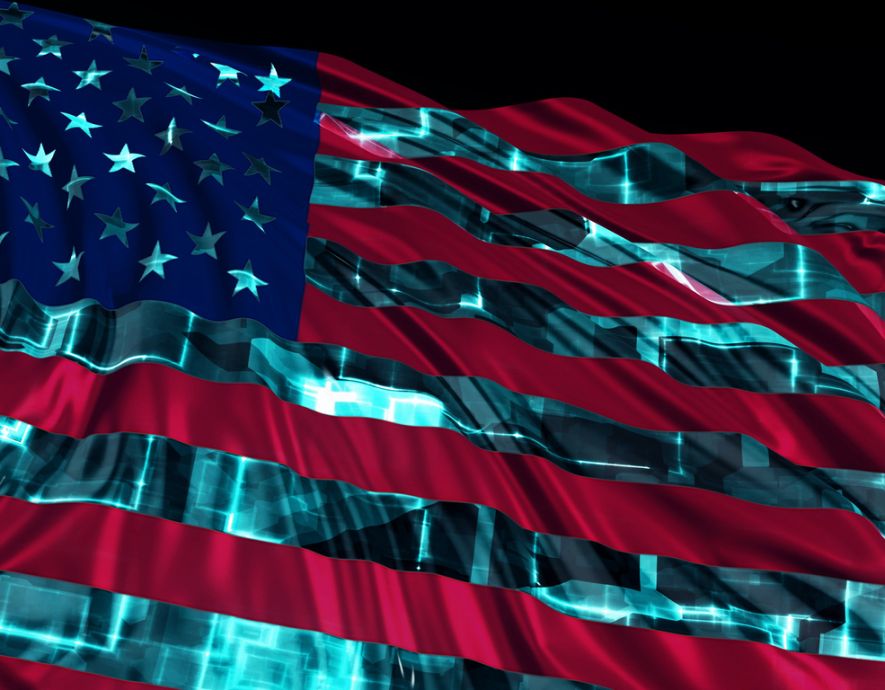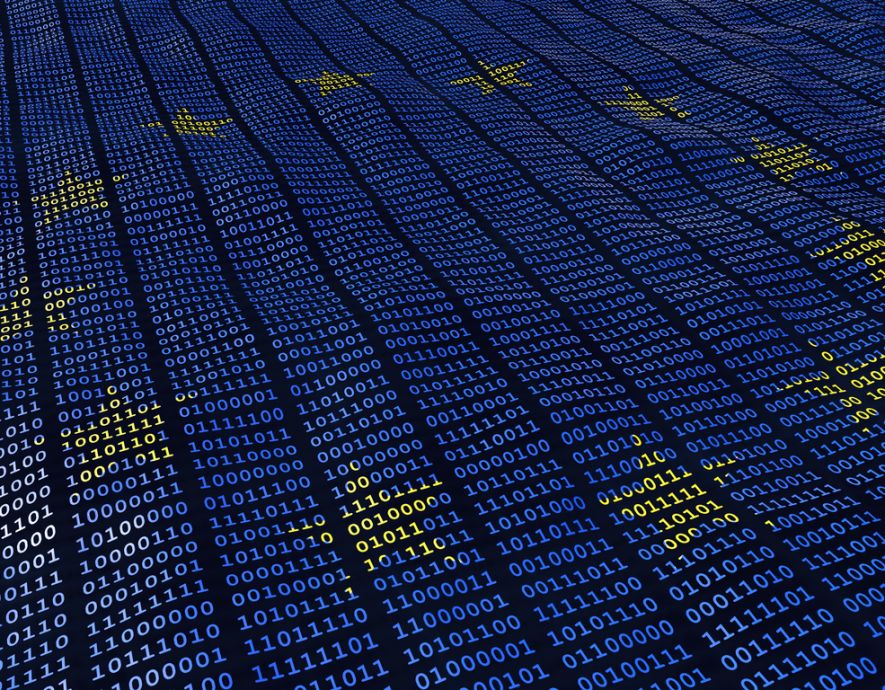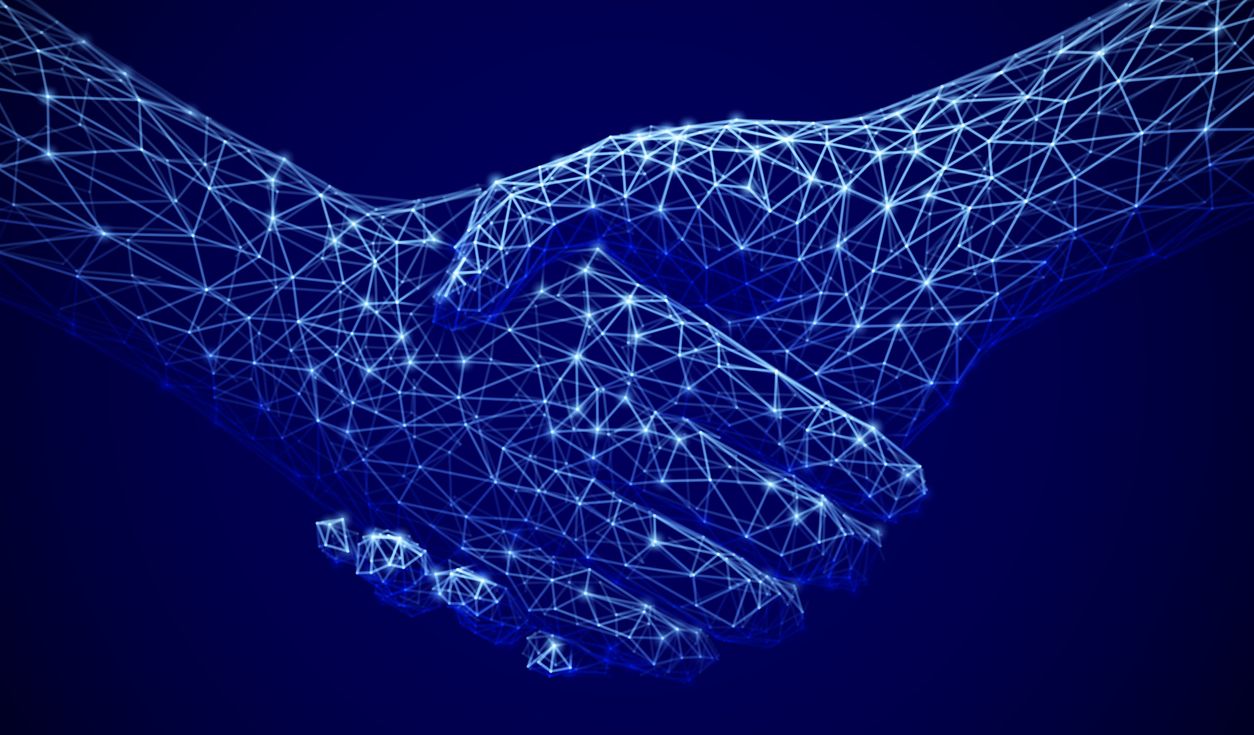
- Home
- Cyber stability
- How to restore trust in a troubled world
How to restore trust in a troubled world
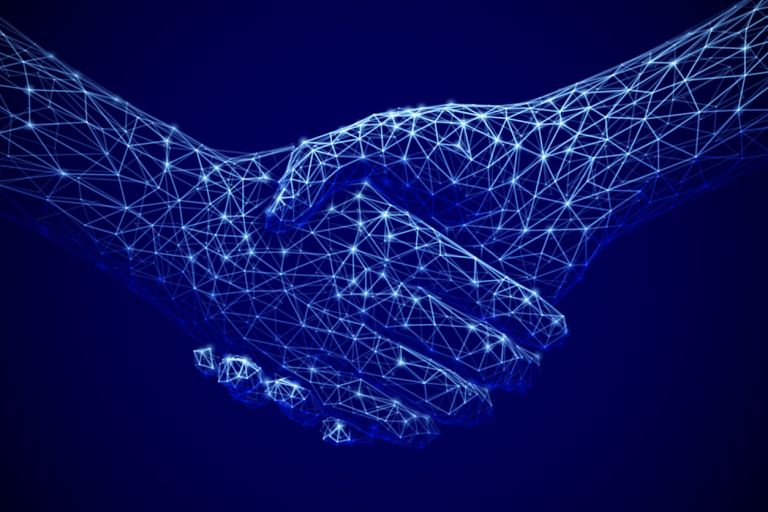

Trust is on track to be the word of the year in 2025. It was mentioned more than twenty times during the opening plenary of the 17th edition of the InCyber Forum, fittingly held under the theme of trust. Trust that has been eroded in today’s geopolitical context. In the two and a half months since his return to power, Donald Trump has created a real tsunami with his protectionist and unilateralist positions, breaking the long-standing relationship of trust between the United States and its historical allies.
According to Gérard Araud, former French ambassador to the UN and the United States, the new political landscape calls into question a model that is 80 years old. “Europeans were content being under American protection and never thought they’d be dissociated from the United States. There was an existential and even emotional attachment to a Euro-Atlantic security space stretching from Vancouver to Warsaw.”
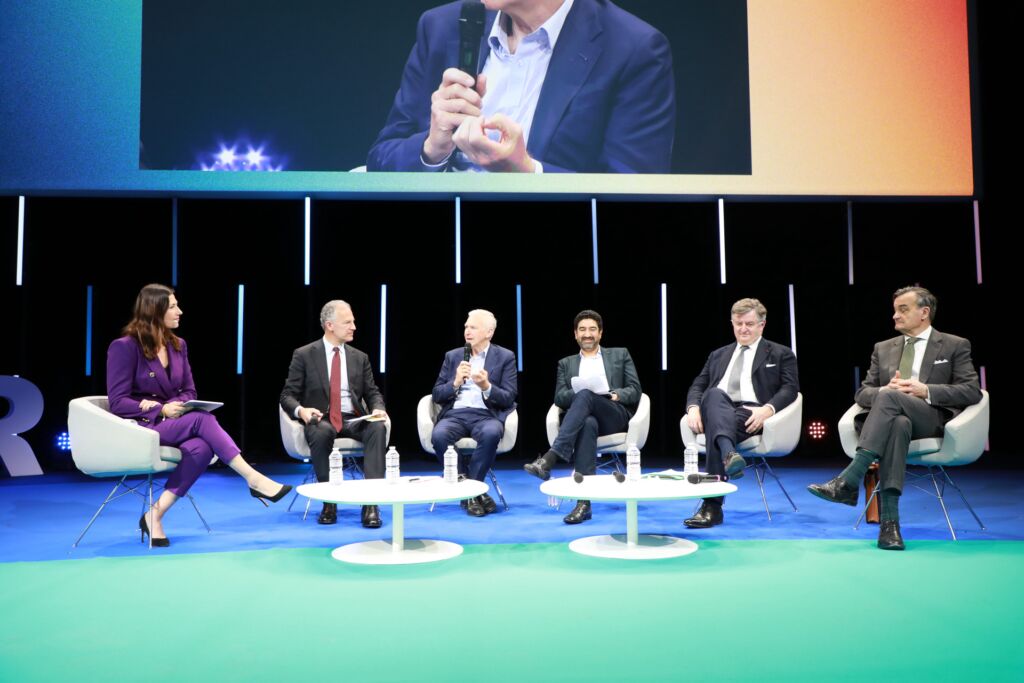
“During centuries, Europe shaped the world. Today, it is the world that shapes Europe,” warns Yves Leterme, former Belgian Prime Minister. Yet recent history makes him optimistic. “In every crisis—whether monetary or health-related—European leaders have managed to reach agreements and find solutions.”
Former U.S. ambassador to the UN, Jonathan Cohen, also took a reassuring tone. “The current administration doesn’t represent all Americans. There is no consensus among the U.S. population to distance from Europe or adopt an antagonistic stance.” He also reminds that the next legislative elections are less than two years away. “Things can change.”
The digital sector can no longer ignore geopolitics
In the meantime, geopolitical upheaval is already impacting the tech industry and highlighting our extreme dependence on the U.S. market. Pointing to the risk of becoming “digital colonies of the U.S. or China,” François-Noël Buffet, Minister Delegate to the Interior Minister, reminds that 75% of France’s cloud services and 80% of its business software are controlled by American companies.
“Where are the European versions of Alphabet and Meta? Who’s competing with China’s DeepSeek? Who’s our equivalent of the Stargate project?” questions François-Noël Buffet. However, he sees an opportunity in this crisis: “to reestablish or at least better manage our sovereignty.” “Regaining our freedom today means rebuilding our sovereignty,” he adds.
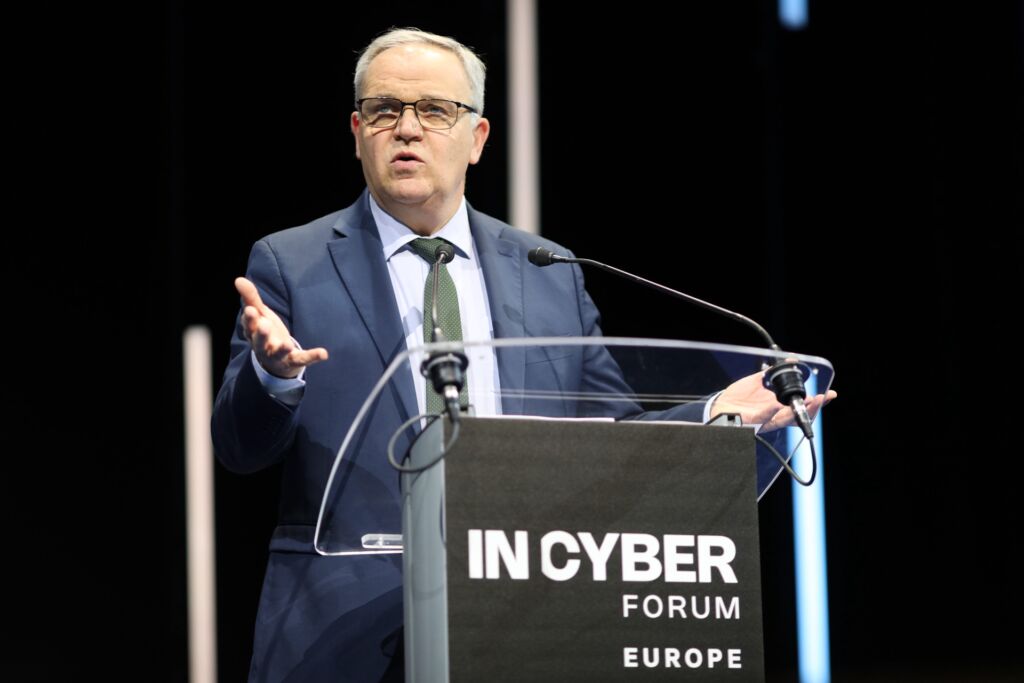
Jean-Noël de Galzain, president of Hexatrust, an association of leading French and European cybersecurity and trusted cloud companies, also calls for a collective effort to reclaim sovereignty. “As our leaders speak of wartime efforts, we must channel purchases and investments toward French and European actors.”
First and foremost, this concerns public funding. Although sovereign or open-source alternatives exist, Jean-Noël de Galzain is outraged by recent contracts awarded to Microsoft by the French Ministry of Education—up to 152 million euros—and more recently by École Polytechnique.
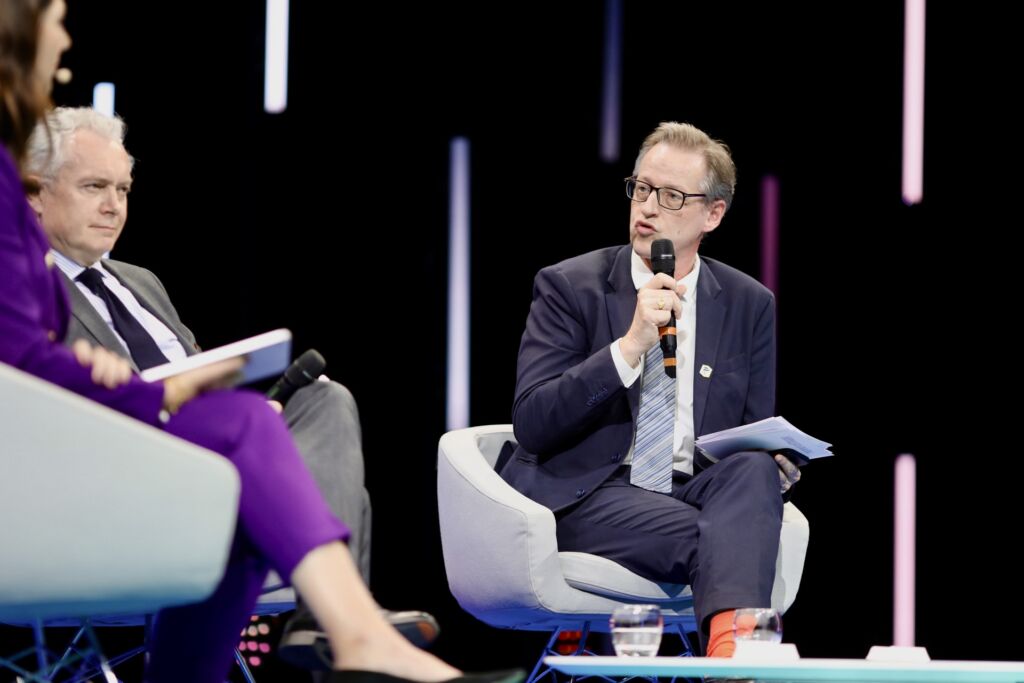
“Economic warfare is real”
In the private sector, however, sovereign solutions don’t always meet industrial needs. Speaking about his own company, TotalEnergies CEO Patrick Pouyanné laments the absence of European champions in AI and cloud. “When I have to choose between Amazon, Microsoft or Google, I’m not comfortable.”
Lacking better options, he had to adopt a hybrid approach to protect the company’s highly sensitive seismic and geophysical data. “I told my teams: there’s no way we’re putting this data in an American cloud.” “Economic warfare is real,” he insists.
In this context, Pouyanné sees the solution as “more Europe.” To bring about a European cloud, he argues that the union of financial markets must be completed, creating at last a single market of 447 million people. He also suggests having a single regulator for all 27 EU member states.
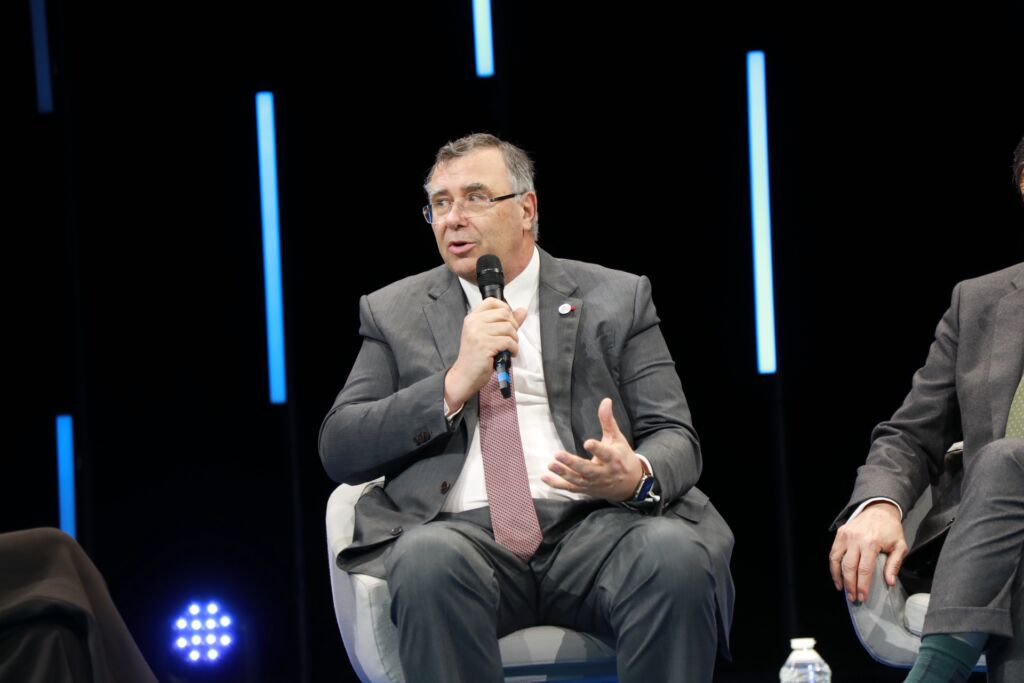
When Europe used to innovate…
The CEO of TotalEnergies criticizes excessive regulation which, beyond the lack of capital, drives European startups to the U.S. He believes the precautionary principle is difficult to apply to the world of innovation. François-Noël Buffet agrees. For the minister, the growing number of European and national regulations in digital not only harms business competitiveness but also “suffocates our sense of innovation.”
Tariq Krim, meanwhile, recalled Europe’s once-glorious past in innovation. “The Web and Linux were born in Europe, and there was a time when one out of every three phones worldwide was European-made (with Nokia, editor’s note),” said the French serial entrepreneur. The U.S. and Europe then took different paths. While the New World took to the information superhighway in the early ’90s, the Old Continent focused on… clean diesel.
To Krim, “Europe has the right narrative and a large market, but it doesn’t know how to scale products.” Nevertheless, he believes the Old Continent can be a stabilizing force in a chaotic world and play a mediating role. “We know where we come from, even if we don’t know where we’re going.”
Threats of embargo and legal risks
Dutch Minister of Justice and Security, David van Weel, called for European solidarity on the cybersecurity front. He notes that geopolitical tensions are leading to a surge in cyberattacks, pointing fingers at states like Russia and China. In this context, he stresses the importance of information sharing among EU members. France’s recent experience securing the Olympic Games “is now helping the Netherlands prepare and secure the upcoming NATO summit.”
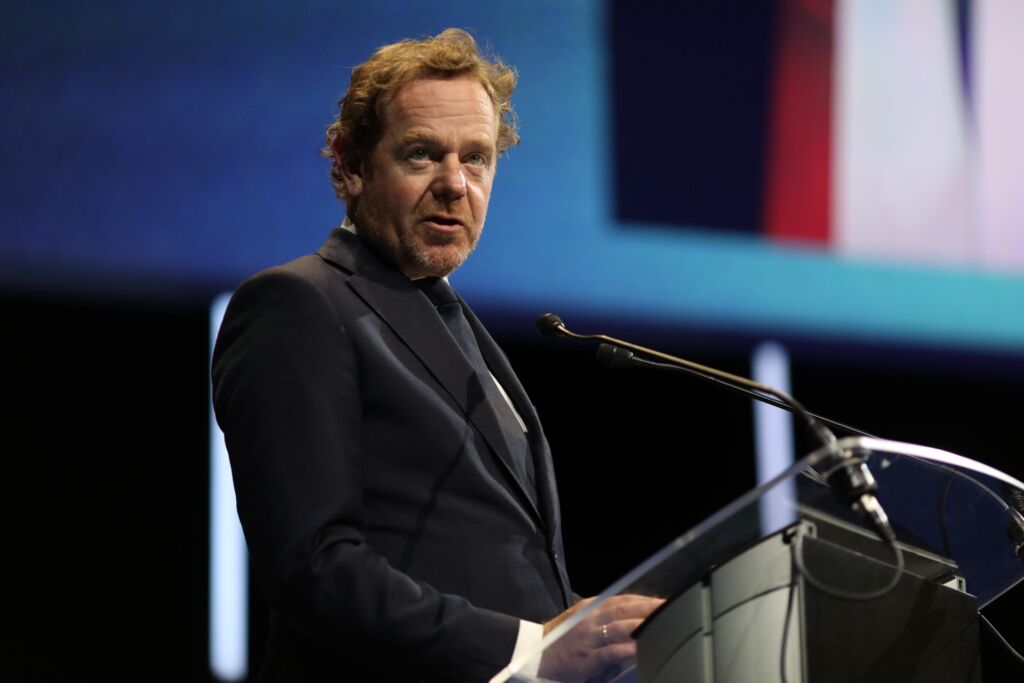
Europol’s Executive Director, Catherine de Bolle, also advocates for international cooperation as organized crime increasingly targets the cyber sphere. She notes that cybercriminals are using AI to industrialize their attacks and generate new threats through video and even voice deepfakes, as seen in CEO fraud schemes.
Founder of noyb.eu, Austrian activist Max Schrems, meanwhile, highlights other risks tied to Trump’s return to power. Having threatened Denmark with an embargo over his ambitions to annex Greenland, Trump’s administration could just as easily demand an American provider to suspend digital services. Elon Musk, a close ally of the president, recently threatened to cut off Starlink in Ukraine.
Another risk is legal. Author of the Cloud Act during his first term, Donald Trump could expand the reach of extraterritorial laws—particularly Section 702 of the FISA (Foreign Intelligence Surveillance Act), which allows U.S. federal intelligence services to collect data on individuals located outside U.S. territory.
Finally, there’s the issue of data transfers between Europe and the United States. The current framework—the Data Privacy Framework—could be challenged by the new administration, creating another legal vacuum as seen with the invalidation of Safe Harbor and then Privacy Shield. Max Schrems warns of an additional threat: “a single executive order could end data transfers on which services like Google, Microsoft, and AWS rely—making their use illegal.” Considering Trump’s track record of signing executive orders en masse, the worst cannot be ruled out.
the newsletter
the newsletter

